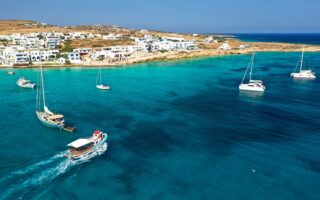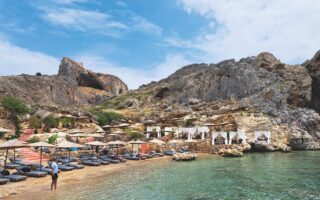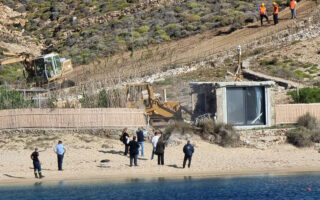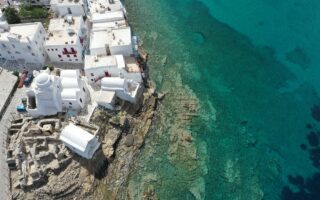Large tourism project blocked on Paros
Top court stops construction of major complex, reprimands state, saying criteria not met
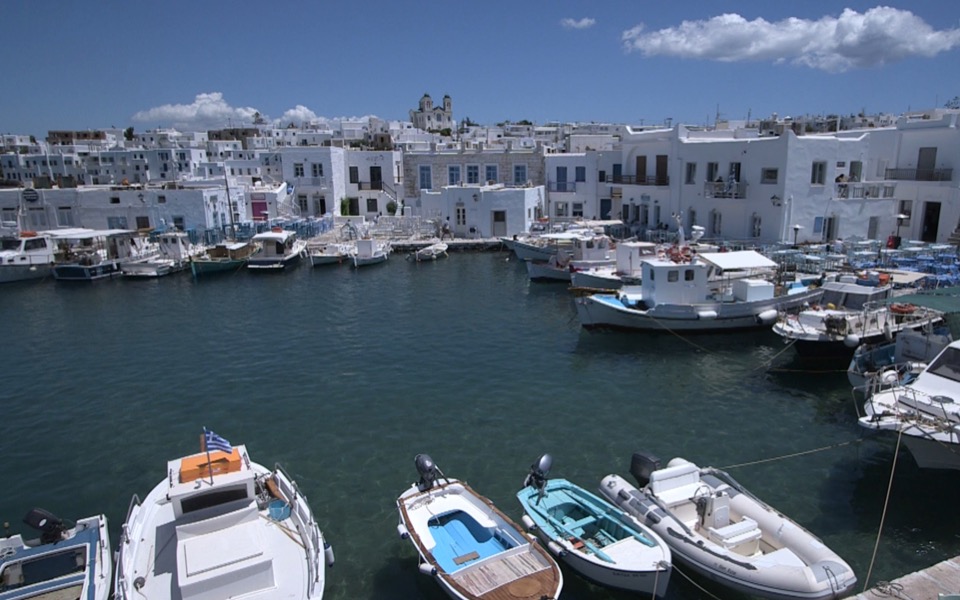
The Council of State, Greece’s highest administrative court, has intervened against the way large tourism investments on small islands are approved. More specifically, it has blocked a plan for the creation of a large hotel unit, with a hotel and villas, on Paros, reprimanding implicitly but clearly the Central Town Planning and Disputes Council (KESYPOTHA), which accepted the proposed project without sufficient justification.
Furthermore, the Supreme Court of Cassation reiterated the need to take into account the capacity of each island, noting that this must be done independently by the state and not on a case-by-case basis in order to approve a specific project.
The case concerns a project promoted by the construction company Ekter on an area of 32.7 hectares on the peninsula of Agios Ioannis Detis at Kolymbithres. The project stipulates the development of a huge tourist complex that will include a five-star hotel, a tourist resort, sports facilities, commercial purposes, and other amenities. A Special Urban Plan, a type of “urban umbrella” that changes existing urban planning to accommodate an investment, was used to promote the project.
Part of the area in question is part of the declared archaeological site of the Mycenaean Acropolis of Koukounaries and Plastira Beach, which has been protected since 1979.
Indeed, the Ephorate of Cyclades Antiquities has proposed that the archaeological site be expanded.
In terms of urban planning, the whole investment area is part of a “landscape protection area,” with only a minor portion being within a residential control zone.
This was the third time the Council of State has “cut” a big tourism facility while also rejecting the carrying capacity studies produced by the investors.
Surprisingly, the Supreme Court of Cassation indicated that it is the state’s responsibility to conduct capacity-carrying studies for the entire area of the small islands, rather than through the lens of an investment.
Finally, Ekter recently revealed that 42.6 million euros of the 53.3-million-euro investment was to come from a loan co-financed by the Recovery Fund and Piraeus Bank. This demonstrates the Recovery Fund’s lack of significant criteria for financing sustainable development challenges.
